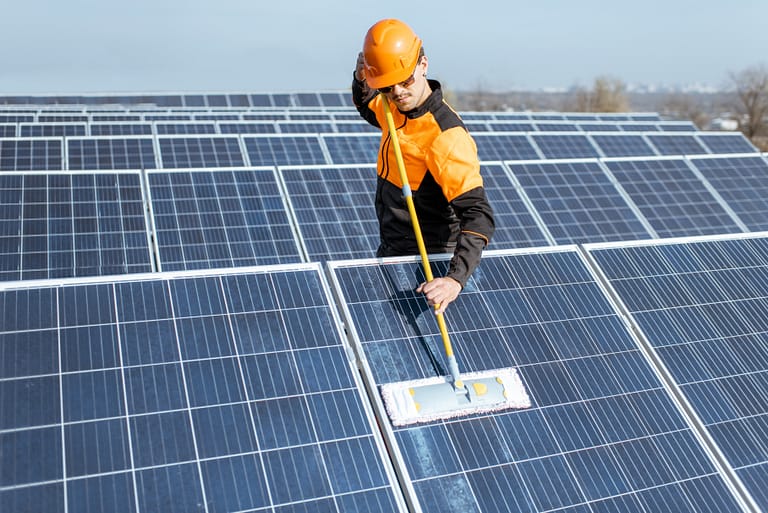
Image Source: Google
In recent years, there has been a growing interest in renewable energy sources as people look for ways to reduce their carbon footprint and save money on their energy bills. One of the most popular options for homeowners and businesses alike is solar power, specifically, photovoltaic (PV) solar panels. These panels are designed to convert sunlight into electricity, which can then be used to power your home or business. In this article, we will explore the best photovoltaic solar panels work and how they can help you cut your energy costs.
How Do Photovoltaic Solar Panels Work?
Photovoltaic solar panels are made up of many smaller units called photovoltaic cells. These cells are made from materials like silicon, which have the unique ability to convert sunlight directly into electricity through a process known as the photovoltaic effect. When sunlight hits the cells, the photons (light particles) knock electrons loose from the atoms in the material, generating an electrical current.
The basic process can be broken down into the following steps:
- Sunlight hits the solar panels.
- The photovoltaic cells within the panels convert the sunlight into direct current (DC) electricity.
- An inverter then converts the DC electricity into alternating current (AC) electricity, which is the type of electricity used to power homes and businesses.
- The AC electricity is then used to power your appliances, lights, and other electrical devices.
How Can Photovoltaic Solar Panels Cut Your Energy Costs?
Investing in photovoltaic solar panels can lead to significant savings on your energy bills over time. Here are some ways in which solar panels can help reduce your energy costs:
1. Reduced Reliance on the Grid
- By generating your electricity with solar panels, you can reduce your reliance on the traditional power grid. This means that you will draw less electricity from your utility company, which can lead to lower energy bills.
2. Net Metering
- Many utility companies offer net metering programs, which allow you to earn credits for any excess electricity your solar panels generate. These credits can then be used to offset the cost of electricity you draw from the grid when your panels are not producing enough power, such as at night.
3. Long-Term Savings
- While there is an upfront cost to installing solar panels, they can provide long-term savings on your energy bills. Solar panels have a lifespan of 25-30 years, during which time they can significantly reduce or even eliminate your electricity costs.
Other Benefits of Photovoltaic Solar Panels
In addition to cutting your energy costs, there are several other benefits to installing photovoltaic solar panels:
1. Environmental Impact
- Solar panels are a clean and renewable source of energy that produces no greenhouse gas emissions or other pollutants. By using solar power, you can reduce your carbon footprint and help combat climate change.
2. Energy Independence
- Generating your electricity with solar panels gives you greater independence from the grid and the fluctuations in energy prices. You can also protect yourself against power outages by having a reliable source of backup power.
3. Increased Property Value
- Homes and businesses with solar panels are often more attractive to buyers and can command a higher resale value. Solar panels are seen as a valuable investment that can continue to provide savings for future owners.
Conclusion
Photovoltaic solar panels offer a sustainable and cost-effective way to power your home or business. By harnessing the power of sunlight, you can reduce your energy costs, lower your carbon footprint, and enjoy greater energy independence. If you are considering making the switch to solar power, be sure to research reputable solar providers and explore any incentives or rebates available in your area.
